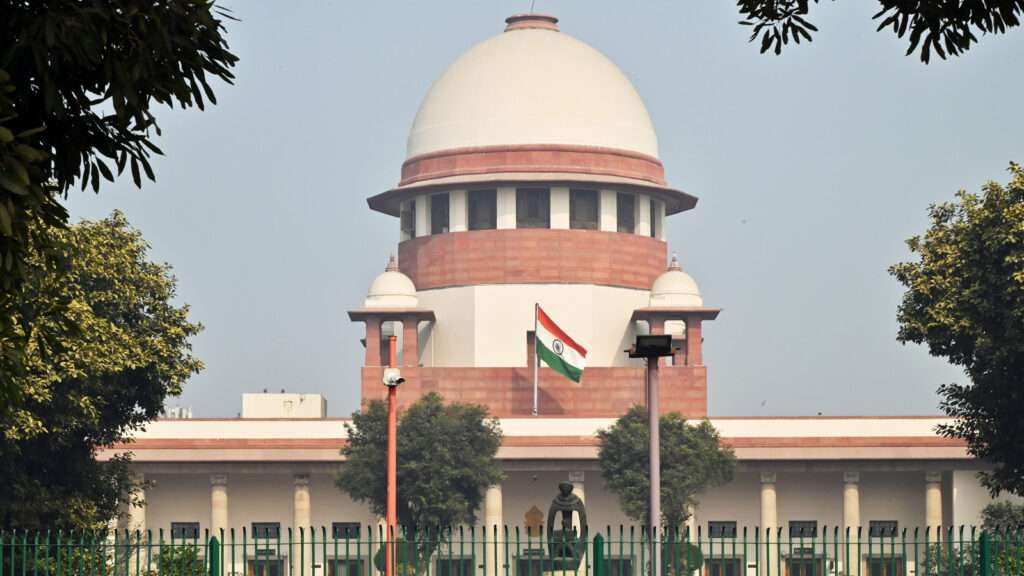The Supreme Court of India is set to hear a significant plea filed by a professor from Ashoka University, challenging his arrest linked to a social media post on Operation Sindoor. The development has drawn widespread attention, raising critical questions about freedom of expression, legal boundaries in digital communication, and the role of academic voices in public discourse.
Background and Context
The professor in question posted a critical commentary on Operation Sindoor, a government-initiated campaign aimed at supporting certain social welfare measures. The post, which sparked controversy on social media platforms, allegedly led to his arrest under provisions related to public order and incitement. The professor’s legal team has now approached the Supreme Court, seeking relief on grounds of violation of fundamental rights, particularly the right to free speech and academic freedom.
Operation Sindoor, since its launch, has been under intense scrutiny, with various opinions voiced across political and social spectra. The arrest has intensified debates around the limits of dissent and the protection of individual rights in the digital age, especially for members of the academic community.
Legal Arguments and Key Issues
The plea before the Supreme Court focuses on several crucial legal arguments. The petitioner’s counsel asserts that the arrest is arbitrary and lacks sufficient grounds, emphasizing that expressing dissent or criticism, especially on public policies, is constitutionally protected. The case also touches upon the broader issue of safeguarding academic freedom, which is pivotal to nurturing an environment of intellectual inquiry and debate.
Furthermore, the petition highlights concerns about the misuse of laws intended to maintain public order but potentially deployed to stifle legitimate expression. The counsel argues that the provisions invoked for the arrest are vague and open to interpretation, risking infringement on civil liberties.
Implications for Free Speech and Academic Freedom
This case comes at a critical juncture when freedom of expression in India is undergoing robust debate amid increasing digital surveillance and regulatory scrutiny. The Supreme Court’s ruling could set a precedent influencing how future cases involving social media expression and arrests are handled.
Academic freedom, a cornerstone of democratic societies, enables scholars to question and critique government policies without fear of repression. The professor’s plea thus resonates beyond an individual case, symbolizing the larger struggle for maintaining an open intellectual space in India.
Reactions from Civil Society and Experts
The arrest and subsequent legal challenge have elicited strong reactions from civil society groups, human rights organizations, and academic circles. Many have condemned the arrest as an attack on free speech and urged the judiciary to uphold constitutional values. Experts in constitutional law stress the importance of balancing state interests with individual rights, cautioning against the excessive use of power that could undermine democratic norms.
Conclusion
The Supreme Court’s impending decision on the Ashoka University professor’s plea will be closely watched by legal experts, academics, and civil rights advocates nationwide. The case encapsulates the ongoing tension between state authority and individual freedoms in India’s evolving digital landscape. As the judiciary deliberates, the outcome will likely influence not only legal interpretations around free speech and digital expression but also the broader discourse on protecting academic independence and democratic values.



